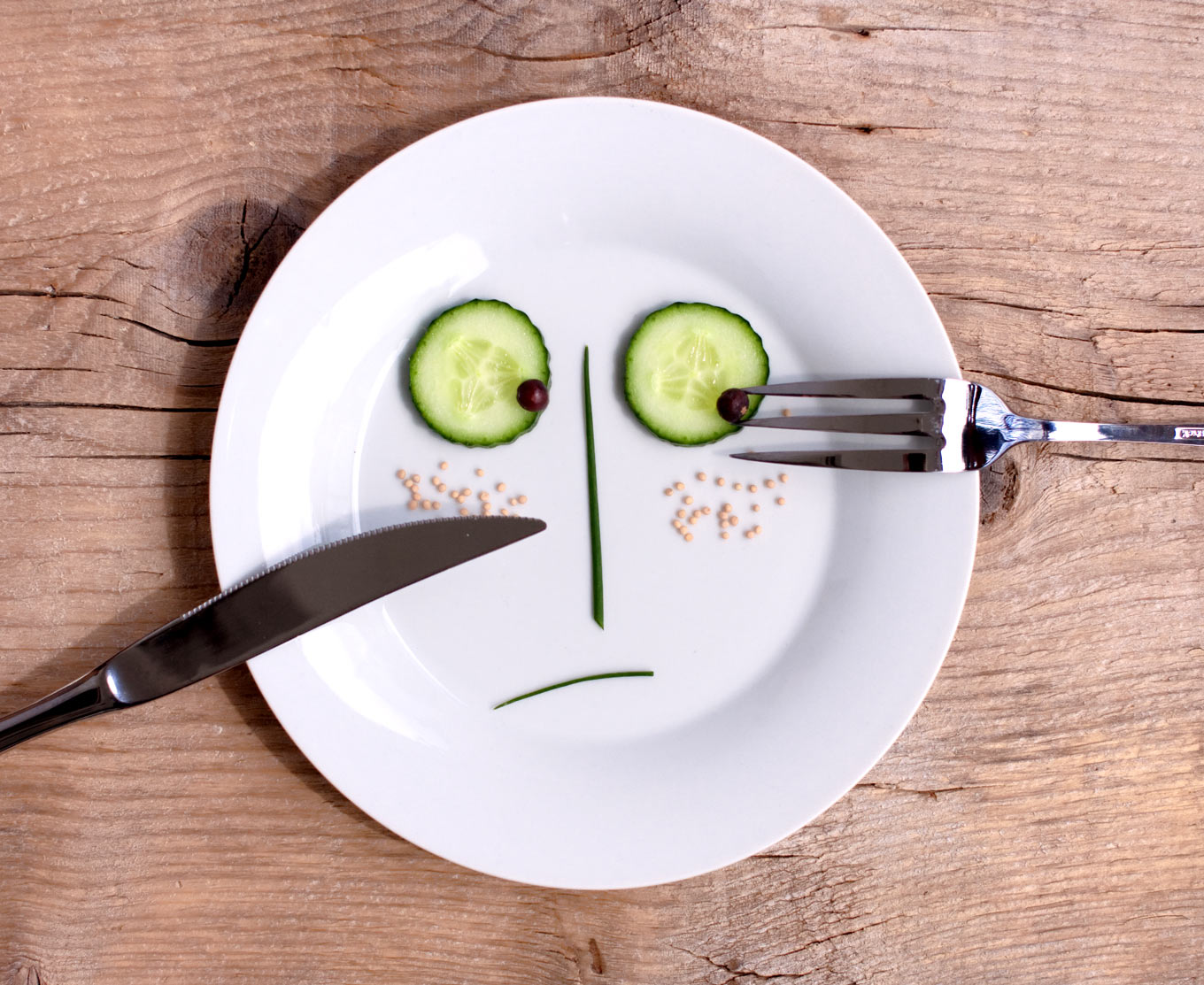Last updated on July 25th, 2023
I have never believed that weight-loss or weight management is as simple as calories in versus calories out. Our bodies are not inert and what contributes to how we nourish ourselves includes what can be complex cultural, psychological and environmental factors. What, and how much you eat, as well as moving your body regularly aren’t the only things that impact your weight. Emotional and physical stress can also tip the balance of the nervous system and subsequently the scales. But it’s not always about weight gain, stress can also result in people losing weight – or changing their eating habits.
Driving the stress response
When you go through a period of prolonged stress your body is constantly producing adrenalin, as a result your energy tends to be inconsistent. You fire up and then you crash, and the choices you make when you crash can set you up to fire up again and quite often they are nutritionally of a poor quality. They will typically involve caffeine, sugars or starches, or all three. Let’s face it. You don’t polish off a packet of chocolate biscuits thinking you are going to feel amazing afterwards. You don’t do that from a lack of knowledge. You do it for biochemical or emotional reasons, or both. Consuming too much caffeine is a sure fire way to feel stressed/rushed as it results in the release of adrenalin, one of our body’s stress hormones. Many people feel tired, yet often describe themselves as being wired – yet they continue to consume coffee (which stimulates adrenalin production!) This is of particular importance if you feel jittery when you consume it. Swap coffee for green tea or if that’s just unbearable to you, ask for a single shot coffee, notice if you feel calmer and more energised after a week of doing this.
Stress and weight gain
Continual overproduction of cortisol (our long-term stress hormone) can lead to visceral fat gain, the type located inside our abdomen that is strongly linked to inflammation and an increased risk of many diseases. Stress has a tendency to make food feel more rewarding or comforting, and subsequently we can rely on food to ease our stress. Be mindful of when you’re eating to alleviate stress or when you’re eating because you’re hungry. Typically, the types of food you want will be the clue here! Not many people who are stressed crave a big bowl of kale.
Stress and weight loss
Many people describe that the mere thought of eating makes them feel nauseous in the midst of chronic stress and anxiety. There is a biochemical reason behind this. When our bodies produce stress hormones part of this ‘fight or flight’ response suppresses what it considers non-essential processes such as our digestion, therefore, digestive processes are compromised. Liquids are often beneficial for these people as they’re much easier to digest, try soups, smoothies and slow-cooked foods, such as casseroles.
It’s not all about food
The most effective strategy for modulating or even eliminating stress is to identify where the stress in your life is coming from, or if you are driving this physical response through your thoughts and perceptions of pressure and urgency. This is not often as obvious as it may seem. While there are obvious triggers such as work deadlines, financial pressure, relationship pressures and so on – there will also be situations in your life you may never have considered for example your daily commute, or people in your life that may cause you to feel stressed due to their very nature or your response to them. It may help to do an experiment where you monitor your state of mind regularly; when you start to feel stressed write down the cause, your thoughts and subsequently your mood. Once you can identify your source/s of stress you can develop your own plan for addressing these factors.









